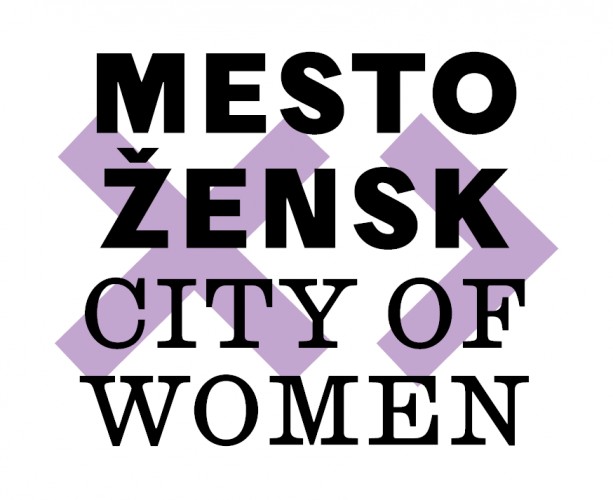The ever faster advancement of technological development from the onset of the industrial revolution to the present day makes us re-evaluate our understanding of certain key notions, such as time, history and art. For Aristotle, time was just a number of motions in respect to “before” and “after”, whilst in the contemporary world of both reality and virtual reality, the absolute speed of “time” becomes a significantly more complex category that sometimes exceeds human control or even perception and alters our understanding of time.
In his work Open Sky, Paul Virilio claims that contemporary world time is elongated to the dimensions of world space, and brings to our screens a different regime of temporality, which reproduces neither the chronographic sequence of our clock dial nor a chronological sequence of history. The present is constantly evading us because it is only perceived as an exposition of events that happen at the speed of light. Constant transformations of our social and political environment, the intertwining of the real and the virtual, the dimensions of time and space – and finally, also the dimensions of the human body, social roles and issues of identity and gender – inevitably affect the construction of the “everyday” for both an individual as well as society as a whole.
The notion of time in contemporary society is a complex issue relating to everything that exists, everything that was and everything that will be. Consequently, the premise behind the concept of the international group exhibition The Mirror of Time is limited and focused on particular issues - some specifically female and others more universal - that tackle personal, social and historical reflections on questions that can be analyzed through the perspective of temporality. Thus, some works focus on the female body, exposed to constant physical and physiological changes, addressing our intimate relationship to our own body, its supposed faults and "errors" as well as the phenomenon of ageing and the transience of life.
How do we prepare for old age? How do we confront ageing in society obsessed with eternal youth? Why are women subjected to strict aesthetic norms that dictate a faultless or perfect appearance, an ultimatum for women of all generations, including mature women? Why are physical transformations that go with ageing, a taboo and not desired by people? These are only a few central issues of the exhibition.
In addition, we were also interested in subjects relating to the system of social values deeply rooted in misogyny, and investigating the effects of discriminatory thinking from both a social and economic perspective. For example: Why do insurance companies award lower pensions to women than their male counterparts? What are the mechanisms that humiliate and devalue women? In short, we were interested in artworks that oppose such social norms that distinguish themselves by reflecting on intimate experiences in confronting time, in personal poetics and autobiographical records, as well as socially critical works addressing the cases of either open or hidden gender/age-based discrimination.
Mara Vujić, Artistic Director of the 18th Internationational Festival of Contemporary Arts – City of Women


